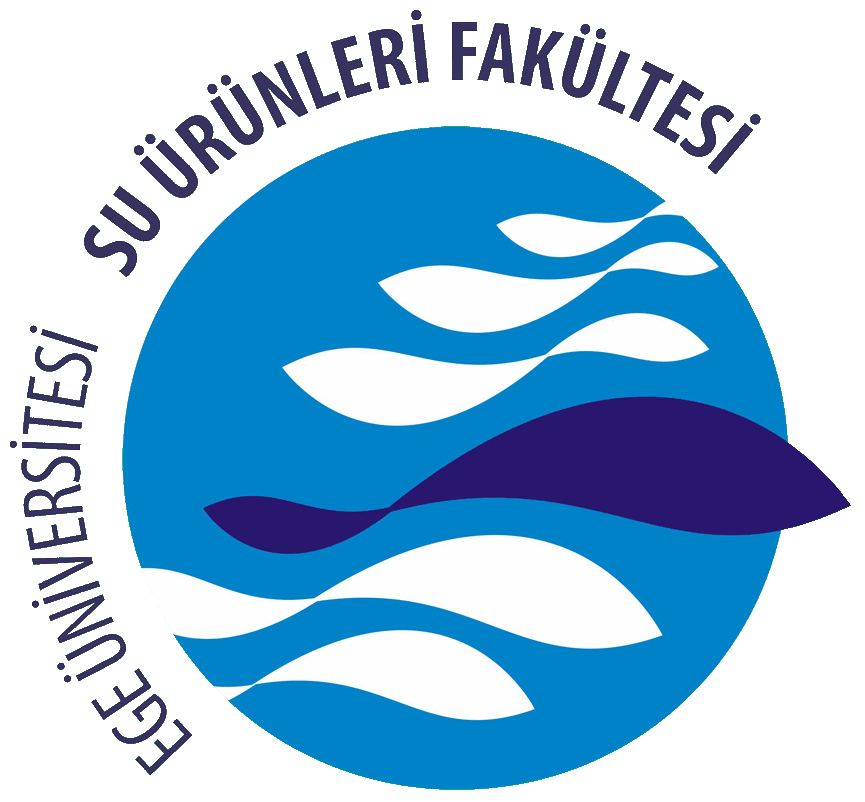ABOUT US
Head of Department : Prof.Dr. Cüneyt SUZER
Vice Head of Department: Assoc.Prof.Dr. Serhat ENGİN
Vice Head of Department: Lect.Dr.Deniz GÜNAY
Aquaculture Department is one of the three departments of Ege University Fisheries Faculty and also consists of two divisions as Aquaculture and Fish Disease Section. In the department of Aquaculture, there are 16 Professors, 9 Associate Professors, 3 Assistant Professors., 1 Dr. Lecturers, 2 Research Assistants and 2 Technicians. Educational and consultancy activities are focused on marine and fresh water fish culture, Larval rearing, crustacean and arthropod culture, plankton culture, macroalgae culture, fish feeding and feed technology, aquaculture economy, ornamental fish culture, fish disease and treatments. Besides, there are a total of 16 laboratories, 9 in the Bornova campus (Bioanalysis Laboratory of Fish Culture, Industrial Candidate Species Culture Laboratory, Molluscs and Arthropods Culture Laboratory, Algal Biotechnology Laboratory, Egemar Aquarium and Biotechnology Laboratory, Fish Diseases Laboratory, Fish Nutrition and Feed Technology Laboratory, Breeding and Genetics Laboratory) and 7 in the Urla campus (Aquaculture and Fish Nutrition Laboratory, Fish Diseases Laboratory, Virology and Tissue Culture Laboratory, Invertebrates Culture Laboratory, Algal Biotechnology Laboratory, Plankton Culture Laboratory, Aquatic Plants Laboratory), which have necessary equipments for education/training and research. In addition to these, culture studies of marine and inland aquatic organisms are carried out in Dr. H. Okan KAMACI Research and Application Unit in the Urla campus.
MISSION OF THE AQUACULTURE DEPARTMENT
To train Aquaculture Engineers equipped with the knowledge and skills to serve in the field of aquaculture, who can take part in the development and management of aquaculture in line with the goal of environmental friendliness and sustainability, adhere to universal and professional values, present their knowledge and experience for the benefit of society, and adopt the importance of lifelong learning in the Aquaculture.
VISION OF THE AQUACULTURE DEPARTMENT
Being a leader in scientific research in the Fisheries Engineering, Department of Aquaculture, a strong cooperation, and communication network with its national and international stakeholders, offers student-oriented, quality priority and sustainable development education and training activities, and being strengthens its education and training activities and also to be a department that always cares and protects its graduates employed in the public and private sectors, and supports national and international cooperation.









